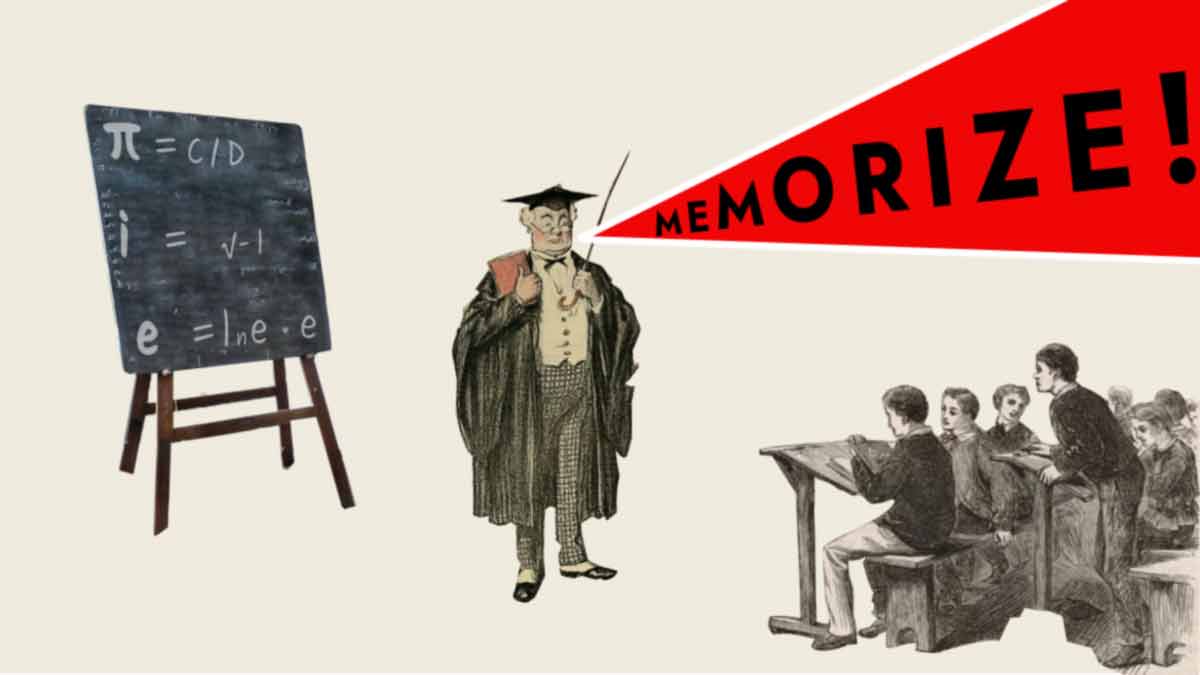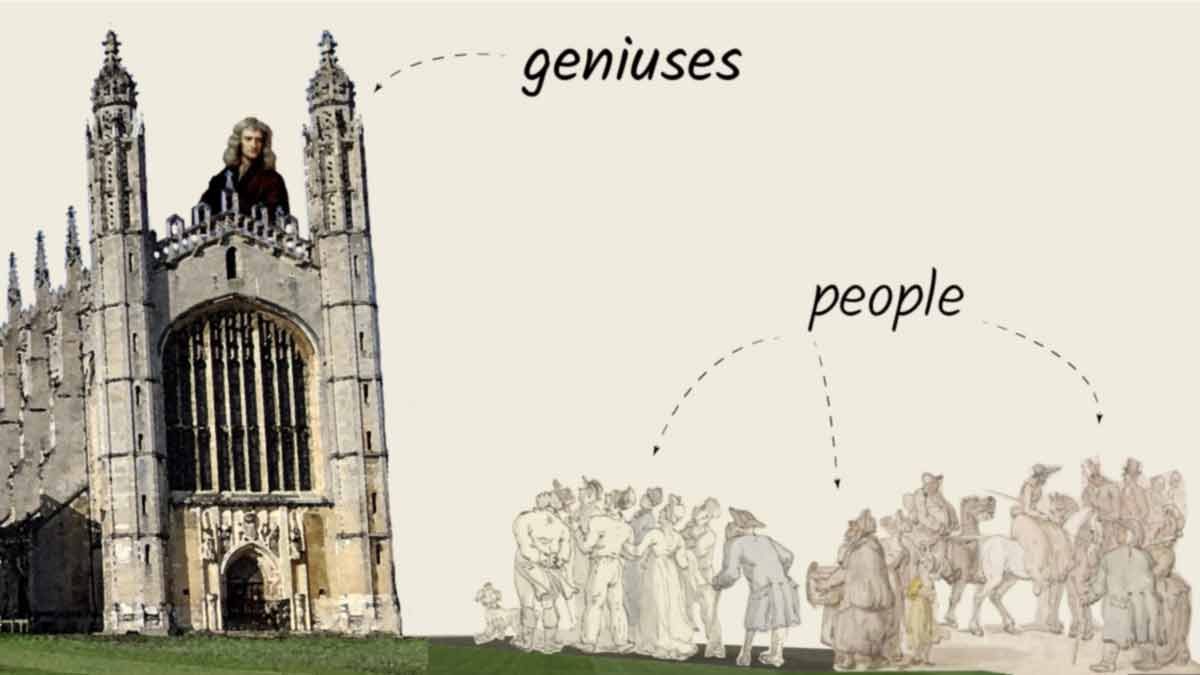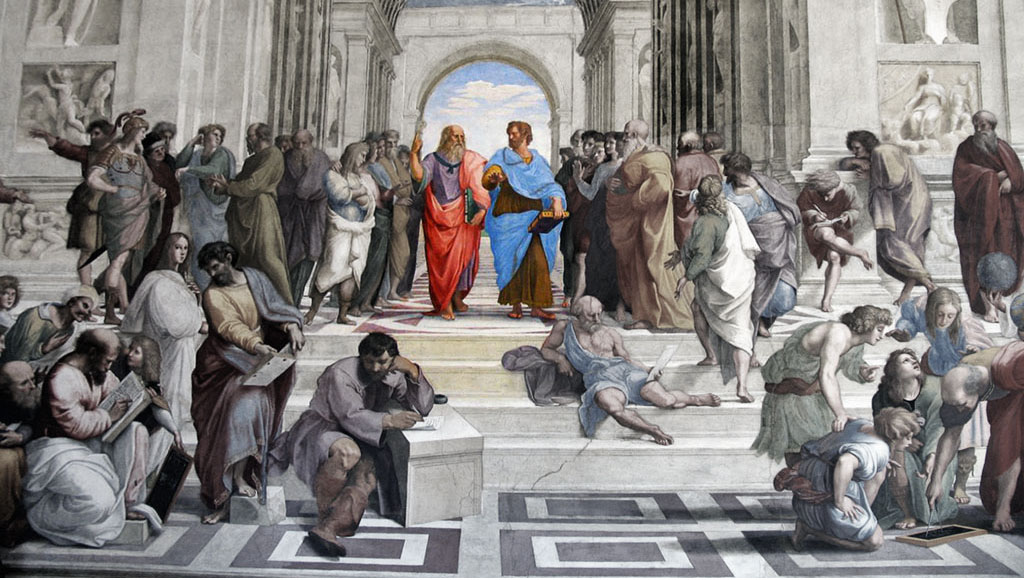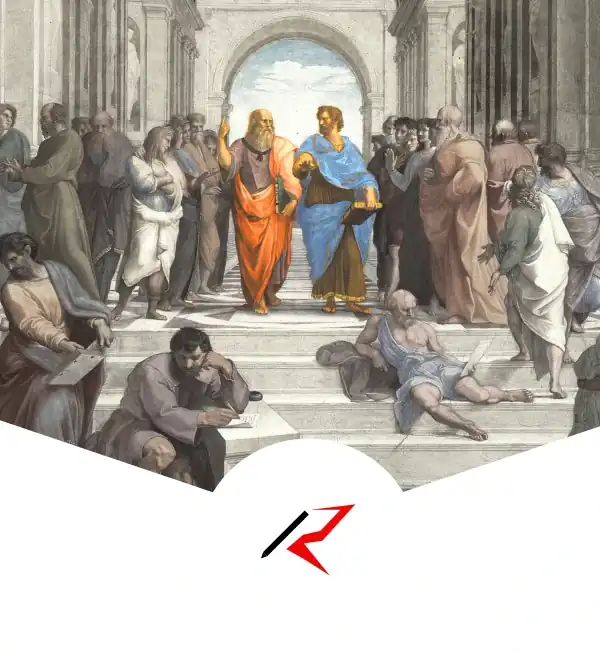reduct verb (Philosophy) To trace (a concept) back to its origin.
If “abstraction” is the process of going from the things we can directly observe, to the concepts that we can only imagine, then “reduction” is the reverse process.
To reduct a concept is to trace that concept back, step-by-step, to its originating source in the things that we can directly experience.

Confused by the school-book science?
If you were confused by the math and science taught in school, you are not alone.
My experience was being bombarded with symbols that somehow contrived to explain things in the real world.
How could anyone come up with things like the quadratic formula, the volume of a sphere, F = ma, or the exponential constant?

Are math and science just fundamentally difficult?
Are these subjects beyond the ability of ordinary people, accessible only to the gifted?
No.
I blame the way these subjects are taught in school.
Rather than draw out scientific concepts from their concrete origins, they present the abstract end-points (formulae) as if they sprang forth from the minds of geniuses like Archimedes, Newton and Einstein – fully-formed no less!

Where did these formulae come from?
But did these ideas spring forth – fully-formed! – from the minds of geniuses?
Or is there a process that was followed, which allowed these discoveries to be made?
I believe that, while none of us might ever be an Einstein, we can at least understand how they came to their results.

You too can understand this stuff!
How can we understand how geniuses like Archimedes, Newton and Einstein derived their abstract results?
By the process of “reduction”: the tracing of an abstract concept back to its originating source in the “real” world – the world of everyday experience.
This blog will do exactly this: it will blow away the mystery and confusion about scientific and mathematical topics, and show that all these abstractions originate in the experiences of the everyday world.

